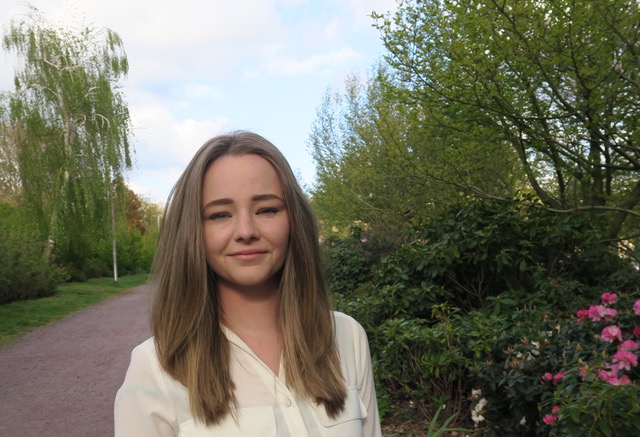I would venture to guess that while most of us who grew up celebrating Christmas have heard that it’s the most wonderful time of the year, we know, in our heart of hearts, it’s just another month. But we feel sad about it all the same, as though we shouldfeel that way. We spend the month longing and lacking, as though everyone else spends their December in a Coca-Cola Christmas ad.
The holiday blues means temporary anxiety or depression during the holiday season. While there are some very real reasons to be sad right now, and for some, Christmas is always a difficult time, the blues refer to a more general malaise that you cannot quite place.
Poignantly, festivities only exist because our pagan ancestors knew that life was tough at the end of the year. To stay healthy, we needed to rely on our social bonds, our oldest evolutionary tool. However, it seems we’ve lost sight of this. Surveys show that over a quarter of us struggle with the festive expectation to be happy. The holidays do little more than act as a magnifying glass on our internal state, heightening our sadness and stress.
So now, as the omicron variant erases most expats’ festive plans with etch-a-sketch speed, I asked clinical psychologist Talia Zamorano Macchiavello to help me understand how we can navigate the it-should-be-different trap.
Are expectations the root of all (festive) heartache?
Macchiavello explains that the blues are a common phenomenon, because the festive period “connects us with our feelings of when we were children and when holidays were felt to be a perfect time… there’s no happiness like the joy you felt as a child”. Essentially, the holidays remind us of a childlike happiness that we think we’ve lost, which leads to a sense of melancholia.
However, we all have different reactions to that loss. Some of us will cling to the past as the truth. Macchiavello notes that it is particularly common in people who struggle with anxiety, as we try to perpetually recreate that perfect happiness, only to feel let down that Christmas isn’t like it’s ‘supposed to be’. Others avoid festivities altogether, knowing only that they don’t want to face the feelings of loss.
I can use a story from my own anxiety-driven life to help us understand this. When I was 13, my mum’s Christmas present to me was a GHD hair straightener (dead-straight hair was all the rage in Ireland circa 2009), and like a perfectly spoiled teen, I cried my eyes out. My mum was understandably annoyed with me, it was a great gift, and I was as upset at my own selfishness as she was. So, why? Why the crying?
I wasn’t disappointed with the present itself; I had wanted it. I was disappointed with my own reaction to the gift. I had been expecting to feel a childlike sense of joy, and instead, I was met with a more adult watered-down version. And it is precisely in that gap – between what we thought there was and what there is – that we find the root of our heartache.
But it could also be (or at least, it is to a Lacanian psychoanalyst) that what we do when we’re in that gap – how we deal with that difference between our fantasy and our reality – is where we find our life’s meaning and purpose.
Okay, so how do I navigate these feelings?
Above all else, Macchiavello recommends trying to accept those negative emotions. She highlights that “when we tell ourselves not to feel a certain way, or that we are doing it ‘wrong’, all we’re doing is throwing our inner critic into an already painful situation”.
It can also help to become curious about your own reactions. For example, the festive period invokes, in Macchiavello’s words, “primal feelings of comfort, love and fullness, which in turn connect us with a sense of loss and alienation”. Observing how you react to these feelings will give you significant insights into your unconscious relationship with loss, change and endings. Poignantly, this is exactly what winter is all about.
Written by Molly Fitz
